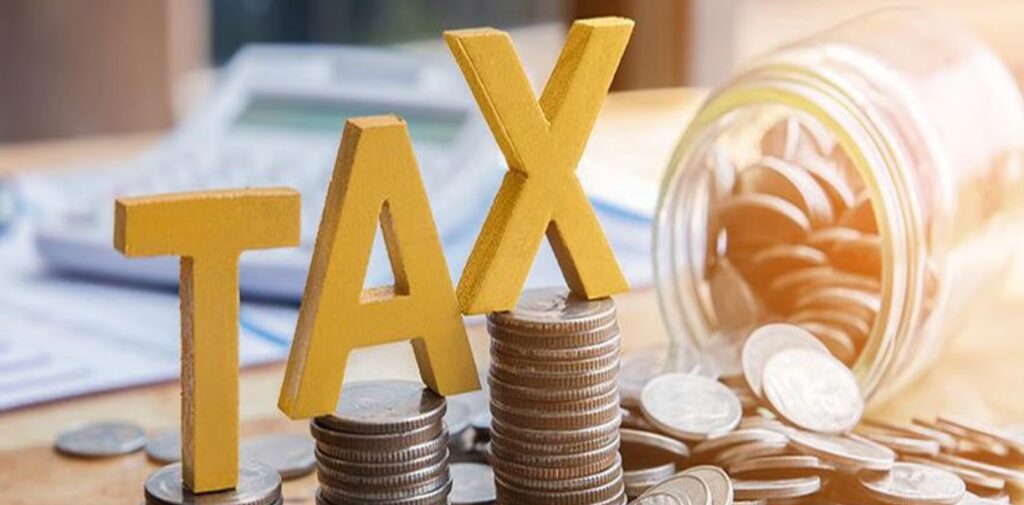
Gurgaon, one of the most popular and fastest-growing cities in India, has a thriving real estate market. Whether you are a homebuyer, investor, or renter, understanding the property tax system in Gurgaon is essential. Property taxes are an important part of owning a property and maintaining the city’s infrastructure. In this article, we will guide you through the key aspects of Gurgaon property tax system and explain how it works.
How Property Tax is Calculated in Gurgaon
In Gurgaon, property tax is calculated based on the unit area value (UAV), which takes into account factors like the location, size, and type of property. The Municipal Corporation of Gurgaon (MCG) is responsible for collecting property taxes, and they determine the tax rates based on these parameters. The UAV method is designed to make the property tax system fairer and more transparent.
The UAV system divides the city into different zones, and each zone has a different rate depending on how developed or commercial the area is. For instance, properties in prime commercial locations like Cyber City will have a higher tax rate than those in more residential areas. The tax is calculated by multiplying the unit area value of a property with its area and the applicable tax rate.

Tax Slabs for Residential and Commercial Properties
The Gurgaon Property Tax System is divided into two main categories: residential properties and commercial properties. Both categories have different tax rates, and the tax varies based on the use and value of the property.
For residential properties, the tax rate is typically lower compared to commercial properties. However, the rate varies depending on the area’s location and development level. Residential properties are taxed based on the per-square-meter unit area value (UAV). Properties in developed or high-demand areas like Golf Course Road or MG Road will attract higher property taxes due to their prime location.
On the other hand, commercial properties, which include office spaces, shops, and other business establishments, are taxed at a higher rate. Commercial properties in Gurgaon are considered revenue-generating, and as such, they have higher tax slabs. The tax is calculated in a similar manner, with the area’s UAV and tax rate determining the final amount.

Tax Payment Process and Deadlines
Paying property taxes in Gurgaon is a straightforward process, and property owners can pay their taxes both online and offline. The Municipal Corporation of Gurgaon has made the payment process easy by providing an online portal where property owners can log in, view their tax details, and make payments. The online platform accepts multiple payment methods like credit cards, debit cards, net banking, and UPI.
The tax payment cycle is typically annual, meaning property owners need to pay their taxes once a year. The Municipal Corporation also provides a grace period for property owners to pay their taxes without incurring late fees. However, if taxes are not paid on time, penalties and interest may be charged, leading to a higher amount owed. To avoid fines, it is important to keep track of the deadlines and ensure that payments are made on time.

Exemptions and Rebates Available
There are certain exemptions and rebates available under Gurgaon property tax system that property owners should be aware of. For example, residential properties owned by senior citizens (aged 60 years and above) are eligible for a rebate of up to 10% on the property tax amount. Similarly, properties owned by women may also receive a tax benefit, depending on the specific regulations in place at the time.
Additionally, some properties may be exempt from property taxes if they are used for specific purposes, such as educational institutions, religious places, and charitable organizations. It is important to check with the Municipal Corporation of Gurgaon to see if your property qualifies for any exemptions or rebates.
Conclusion: Gurgaon Property Tax System
Understanding Gurgaon property tax system is crucial for anyone who owns or plans to own a property in the city. The tax calculation method is based on the unit area value (UAV), which considers the location, size, and type of property. Residential and commercial properties have different tax slabs, and property owners need to be aware of the deadlines for payment to avoid penalties.
By staying informed about the tax rates, exemptions, and payment process, property owners can ensure that they comply with the local regulations and manage their tax responsibilities effectively. Whether you are a homeowner or an investor, understanding the property tax system will help you make better decisions and avoid any unpleasant surprises when it comes time to pay your taxes.

